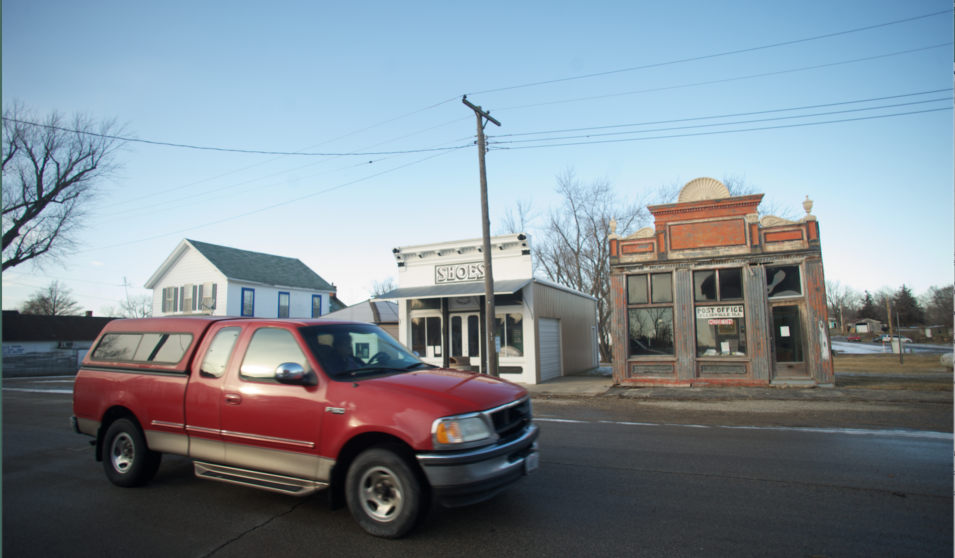Our nation’s challenges present real opportunities for rural places, and a sustainable American future must include a thriving rural landscape. It is possible and necessary to develop strategies that encourage people to remain in or return to rural regions. However, these efforts cannot be prescriptive, rigid or mandated. Instead, successful pathways will be purposeful, collaborative and grounded in place.
Ultimately, rural renewal will depend on committed efforts to:
- Bolster rural public education
- Build charitable capital
- Support thoughtful rural community development
- Nurture local heritage, and
- Rekindle an agrarian spirit
These five goals cannot be addressed in isolation; each should be considered in relation to the others. Furthermore, rural people must also accept responsibility for their collective futures. National policy is important, and political activism at both the state and national levels is necessary. However, any large-scale, mandated change will most likely have a prescriptive quality and, consequently, real limitations. At best, national policy reform should provide a framework for action—action that is grounded in community or regions. Ultimately, the decisions rural citizens make about how they teach, eat, shop, and recreate will do more to determine rural futures than any legislative act.
The United States of America is at a crossroads. Ethics seem to mean little; truth is often ignored. Personal interests have superseded work toward the common good. Robert Frost chose the road less traveled; we suggest revisiting a route once taken. Our nation must restore relevance to rural places. Esssentially, this is a call for an agrarian pragmatism; a movement that begins at the schoolhouse door.
Editor's note: The Rural Schools Collaborative board of directors reaffirmed our organizational belief statement with slight wording revisions during our November 16, 2016 board meeting.
Please go here to share this story on Facebook. Thanks!




